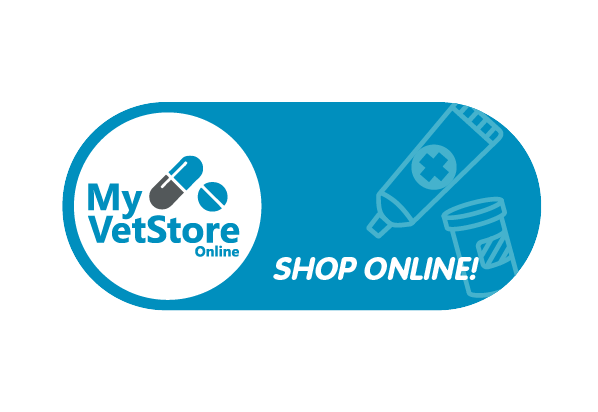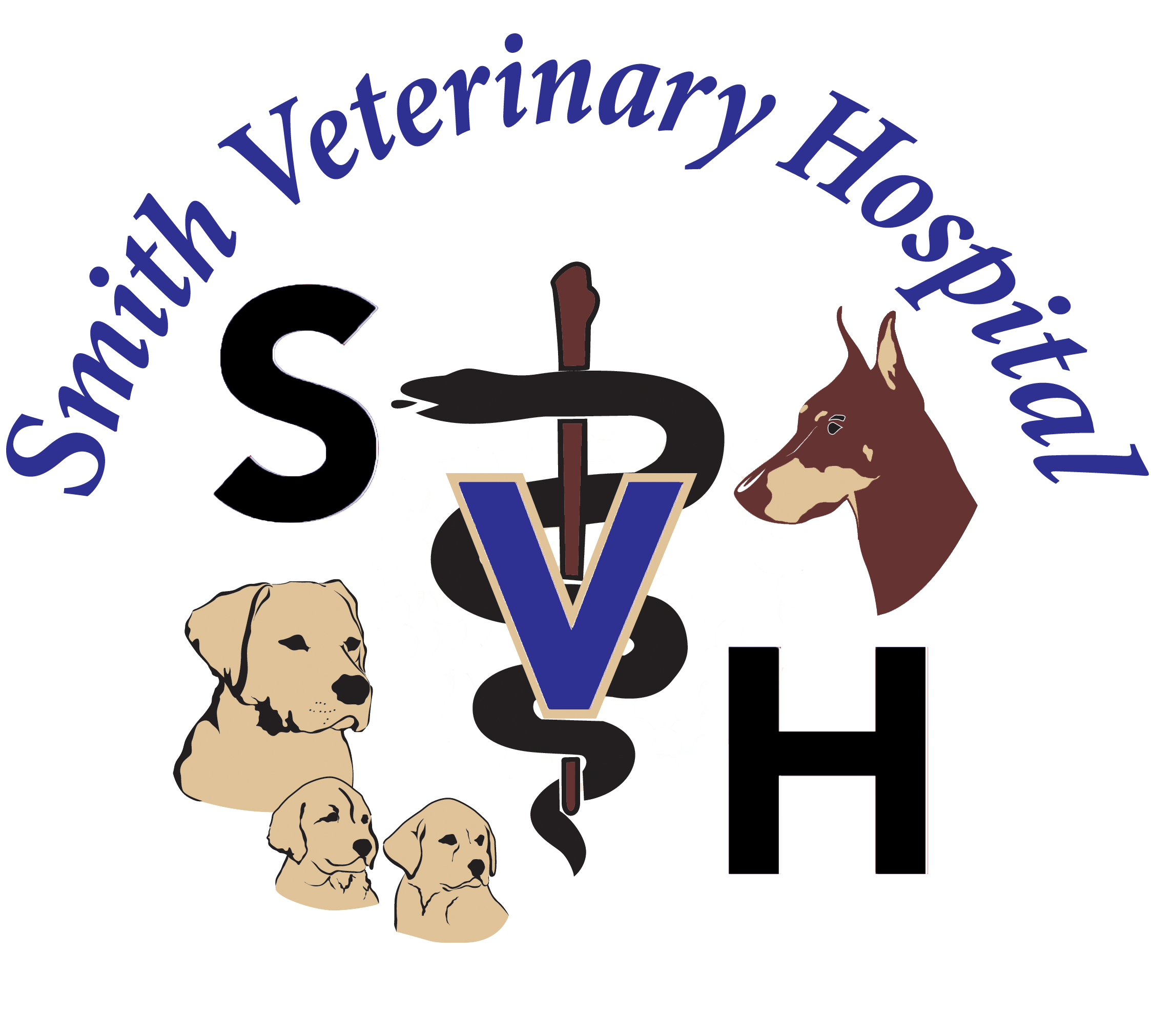
Managing and maintaining good dental health provides the client’s animal the best advantage to a healthy, happy, productive life. Smith Veterinary Hospital begins the education of dental health with that first puppy visit. Subsequently, over the years, with each annual check up, dental health and related disease processes are discussed.
At Smith Veterinary Hospital, state of the art dental equipment can be utilized to perform dental prophylaxis (cleaning), dental x-rays and oral surgery procedures. Whenever dental procedures are required, client education about the actual procedures are discussed. Most dental procedures require general anesthesia. Before proceeding with any dental procedure, a required preanesthetic blood profile is performed. This profile evaluates the animal’s physiological functions.
Smith Veterinary Hospital’s Dental Procedures Include:
- Complete prophylactic ultrasonic scaling, root planing and polishing
- Dental x-rays.
- Minor oral surgery including, but not limited to, tooth extractions, fistula repairs and removal of oral tumors.
- Comprehensive pain management before, during and after any oral procedure that may produce discomfort.
- Monitored general anesthesia through our knowledgeable, well-trained technicians with the aid of digital monitoring for the vital signs.
- All anesthetic patients have a designated technician/nurse assigned to them at all times.
- Administering local anesthesia to surgical tooth extractions.
- Home dental care instructions and product recommendations.
- A referral network to veterinary dentists and specialists when needed.
At Home Dental Care:
Your pet’s dental care doesn’t end after he or she leaves our hospital. Our technical staff will show you how to brush your pet’s teeth at home. This is an excellent way to prevent plaque and tartar build-up and promote good oral hygiene. Brushing your pet’s teeth at the same time each day with a pet toothpaste (do not use human toothpaste) and a brushing device (toothbrush, finger brush, gauze on your finger, etc.) is the most effective means of removing plaque from your pet’s teeth.
Clinical Signs Of Oral And Dental Diseases In Dogs And Cats
If your pet shows any of the following symptoms, please call us to schedule an appointment as your pet may be suffering from painful dental disease:
- Bad breath
- Bleeding from the mouth
- Drooling or dropping food from the mouth
- Loose teeth or teeth that are discolored or covered in tartar
- Loss of appetite or loss of weight
- Reddened gums
- Your pet shies away from you when you touch the mouth area

